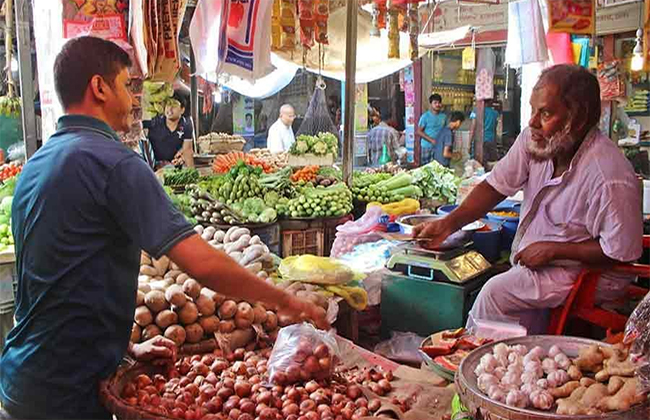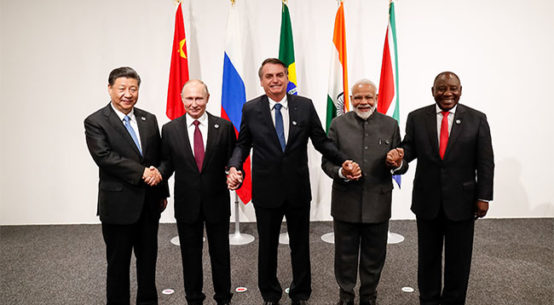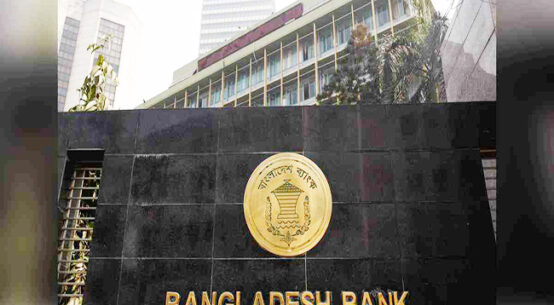
The majority of general people in the country affected by the Covid pandemic are already in dire financial straits. The official inflation rate is now 5.8 per cent. But the reckless rise in prices of daily commodities is in fact many times higher than this calculation of inflation. According to the market price of government agency TCB, the price of rice compared to that in 2020 has increased by 31 per cent, flour by 33 per cent, soybean oil by 45 per cent, sugar by 50 per cent and lentils by 30 per cent. At the same time, the price of cooking gas has increased by 40 per cent compared to that in August last. The price of water and electricity has also risen. People are in serious sufferings as there is a definite increase in prices of essentials amid an uncertain income thanks to the pandemic.
At a time when people are gasping across the country due to agitation in the commodity market and rising oil prices, a new survey has found that poverty keeps growing in the country. According to a BIGD and PPRC survey, another 79 lakh people have become poor in the last six months. This number of poor people has increased since April this year. With this new number, 3 crore 24 lakh people have become new poor in the country. In March this year, the number was 2.45 crore.
This survey draws attention to the fact that the urban population has suffered more than those of rural areas in terms of income, unemployment, food security, etc. According to the latest survey, the income of people in urban areas has decreased by 30 per cent compared to that in the pre-Covid period. In rural areas, the income has lowered by 12 per cent. Before Covid, the unemployment rate among the urban poor was 7 per cent which rose to 15 per cent at present, according to the survey. Unemployment in rural areas has increased by 4 per cent. Again, in the Chittagong Hill Tracts, 36 per cent of the people have become newly unemployed.
Experts from the two survey firms say it is not possible to overcome poverty through conventional programmes for poverty alleviation or ongoing social security alone. Therefore, new thinking is needed at the policy-making level on this serious issue. However, no special steps have been visibly taken by the government to mitigate the situation having arisen in the country due to the uncontrolled hike in prices of daily commodities. Rather, the languages used by the ministers of the various ministries in recent times have caused a great deal of public outrage. In such a grave situation, the question arises as to how much role the government’s special incentive package of over Tk125 lakh crore has played. Similarly, how much real is the context of the GDP growth or rising per capita income figures in line with the situation of the rise in poverty and commodity inflation? The government needs to pay special attention to dealing with this situation.


